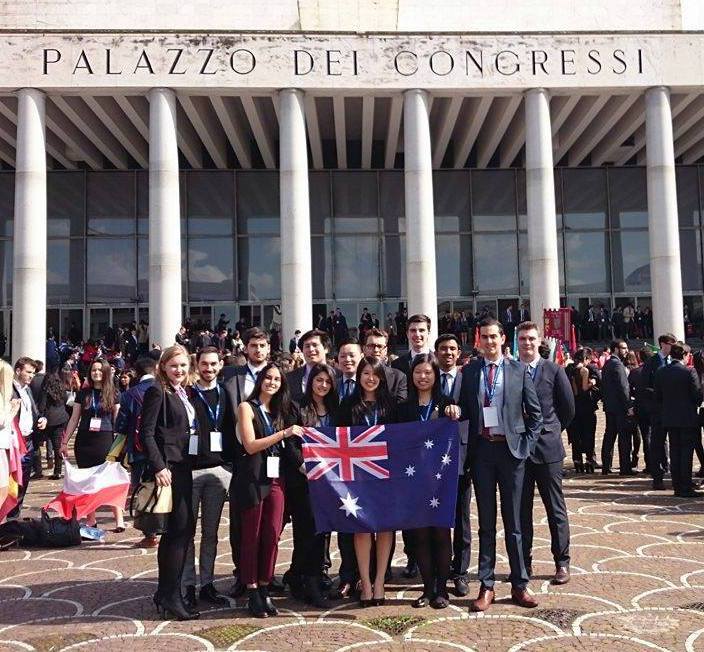Diversity, Representation & Equality: Carrying the Torch of the Rio Olympics into the World of STEM
by Anisha Balakrishnan
With more than 10 000 athletes from over 206 countries participating this year, the Olympics has always been a well-anticipated event known for its intense competition and rivalry between world class athletes, all relentlessly dedicated to winning a gold medal for their country. The recent games in Rio, however, reflected a more inclusive, accepting and gentler approach, converging on the harmony, peace and dignity that these Games also represent.
Indeed, this year’s President of the International Olympic Committee, Thomas Bach, envisioned the games in Brazil communicating “a message of unity, respect and tolerance to the world”, thereby strengthening his contention that, “diversity is one of the pillars of our society”. His message – that despite the surface differences and individuality of the athletes, it was possible to compete “respectfully and in peace” – shone strongly from the start, with the symbolic traditional run showcasing the torch. Brazil’s everyday heroes, Lilia Martins, Andreia Fonseca Martins and Rogerio de Paula, were heralded for their dedication and efforts for the empowerment of marginalised people and environment protection, whilst participants in the games also included the first Olympic Refugee team and a record high representation of LGBTQI athletes. Undoubtedly, not only did the games run smoothly, they were applauded as the most enjoyable due to the solidarity fostered between all involved.
Clearly, the concept of diversity extends beyond our timeworn need to compartmentalize humanity in an attempt to grasp its expansive spectrum of possibilities, centering instead on its immeasurable benefits such as unique perspectives and experiences. It allows for issues to be evaluated collaboratively and rationally, thereby designing the best pro-social solution possible. In fact, as stated aptly by Michael Gavin, a prominent biocultural diversity & conservation researcher at Colorado State University: “a diverse set of knowledge is needed to cope with the wicked set of problems of today, and the uncertainty of tomorrow”.
Likewise, diversity has its place in STEM fields; indubitably, it should be a requirement! After all, scientific innovations rely solely on the ingenuity of the minds involved. Therefore, the quality and adaptability of our research is inextricably linked to our ability to create multifaceted ideas. A diverse team of scientists opens up a vast shared knowledge base, thus, addressing humanity’s needs regardless of any possible cultural, social or physical divisions that exist. In the words of Science Journalist, Lisa Friedman: “Everyone has something of value to contribute, and everyone….has a right to belong.” Let us therefore, in the spirit of the recent Olympic Games in Rio, re-commit to embracing diversity wholeheartedly in STEM fields – for all of us have something to contribute, and a right to belong – despite, and because of, our differences.





